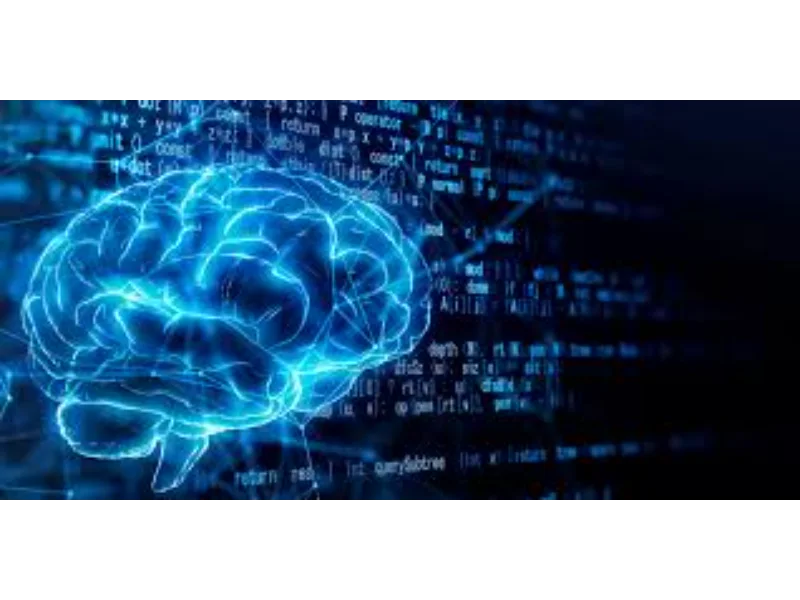- Raw Story and AlterNet assert that if users believe ChatGPT’s responses violate third-party copyrights, it could lead to decreased popularity and revenue for the companies involved.
- The New York Times sued OpenAI and Microsoft for copyright infringement, saying it “seeks to hold them responsible for the billions of dollars in statutory and actual damages”.
Legal challenges are mounting against tech giants Microsoft and OpenAI, with three prominent news sites, Intercept, Raw Story and AlterNet, filing separate lawsuits alleging copyright infringement related to the use of ChatGPT, as reported by The Verge.
Legal challenges against tech giants
The crux of the issue lies in the accusation that ChatGPT, a product of OpenAI and Microsoft collaboration, has been reproducing news content from these sites “verbatim or nearly verbatim,” while omitting crucial attribution such as the author’s name. The lawsuit suggests that by training the AI model on copyrighted material, it has inadvertently incorporated this information into its responses.
Interestingly, the news organizations argue that OpenAI’s provision of an opt-out system for website owners implies a certain level of awareness regarding potential copyright violations. This raises questions about the responsibility of tech companies when it comes to ensuring compliance with intellectual property laws.
Also read: ChatGPT can write smart contracts but shouldn’t oversee security
Impact on user perception and revenue
Moreover, the lawsuit highlights concerns about the potential impact on user perception and revenue generation. Raw Story and AlterNet assert that if users believe ChatGPT’s responses violate third-party copyrights, it could lead to decreased popularity and revenue for the companies involved.
This legal battle is not an isolated incident, as it follows a similar lawsuit filed by The New York Times against OpenAI and Microsoft last year, citing copyright infringement. While OpenAI has refuted these claims, alleging that the NYT exploited a ChatGPT bug, the situation underscores the complexities of AI technology and its implications for content creation and distribution.
Also read: ChatGPT: Is it really infringing copyright?
Broader ethical and legal considerations
Beyond these specific cases, there is a broader conversation unfolding in the tech industry regarding the ethical and legal considerations surrounding AI applications. As AI continues to permeate various aspects of our lives, ensuring accountability and transparency in its use becomes paramount.
Industry experts emphasize the need for clear guidelines and mechanisms to address copyright issues in AI-generated content. As technology evolves at a rapid pace, navigating the intersection of innovation and intellectual property rights presents a significant challenge for both companies and content creators.
In light of these legal battles and the growing scrutiny on AI ethics, it is crucial for stakeholders to engage in constructive dialogue and collaborative efforts to establish best practices that uphold both innovation and integrity in the digital landscape.

